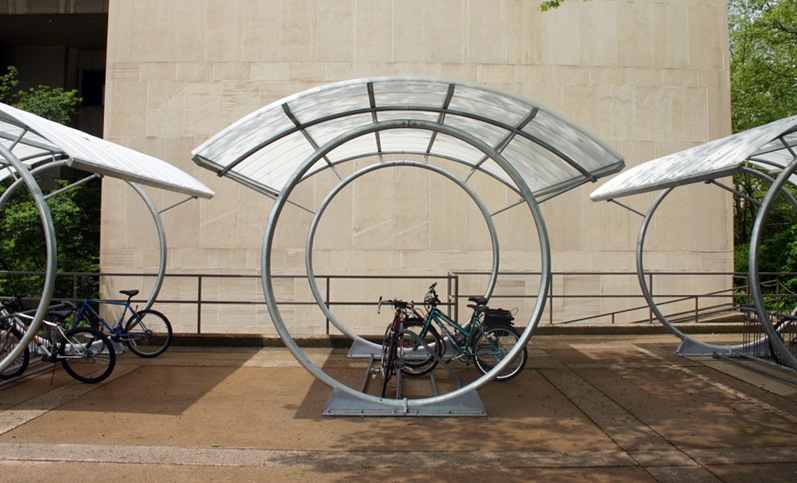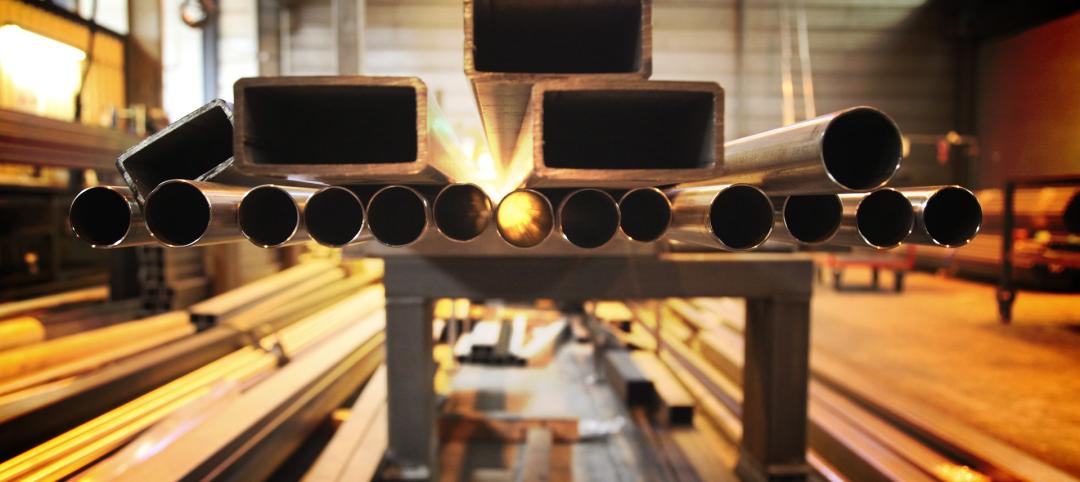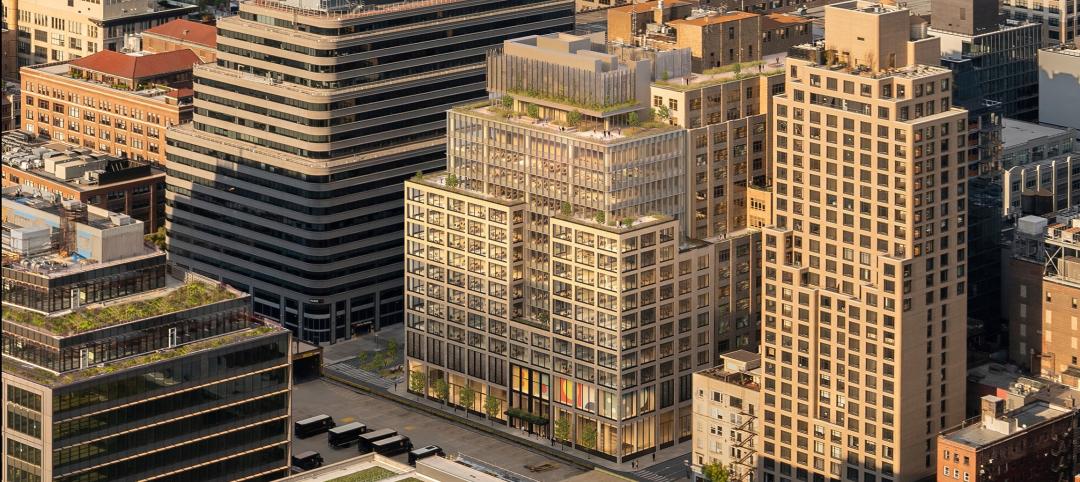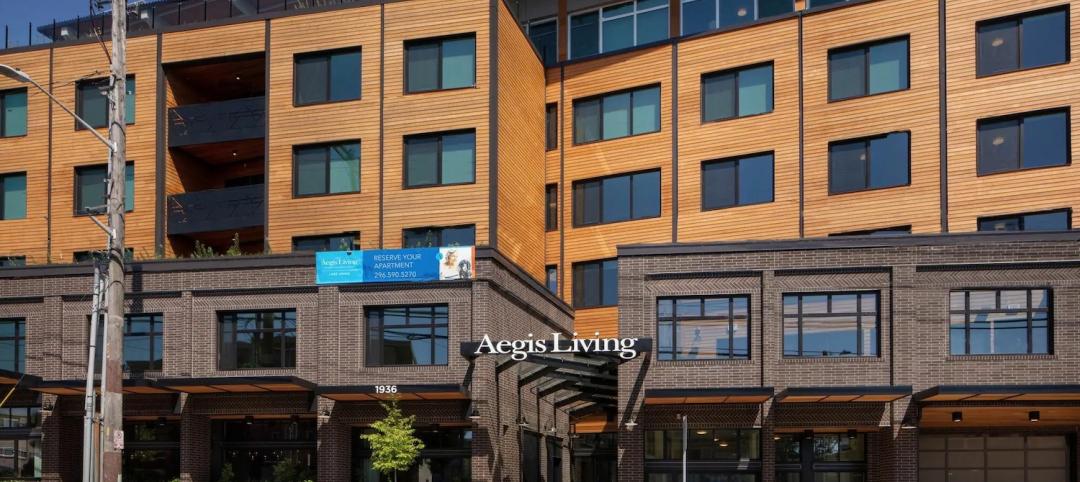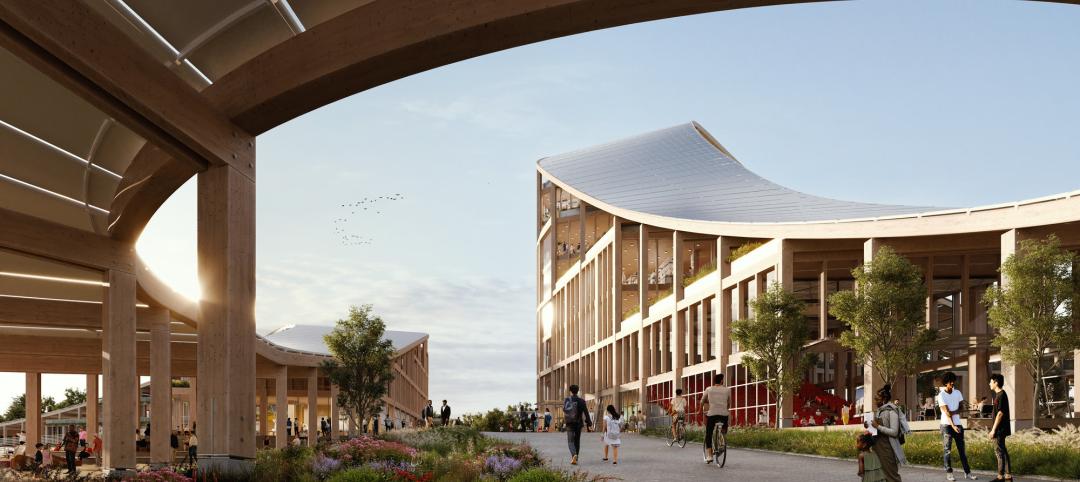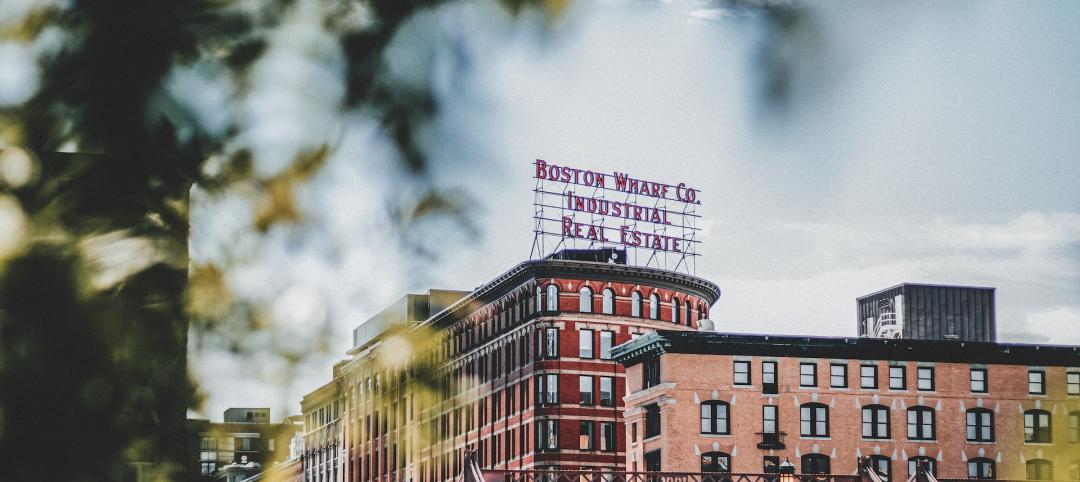Every year, BuildingGreen names the ten best green building products that, as the publication states, “transform the design and construction industry” by helping to solve environmental problems, from reducing greenhouse gas emissions to finding durable and safe materials.
A urinal, bike rack, ventless dryer, and a chair made of mushroom roots made the cut. For more on this year’s list, click here. Here are the 2014 and 2015 editions.
Honeywell’s Solstice Liquid Blowing Agent — Based on hydrofluoroolefin technology, it replaces a high global warming potential blowing agent, HFC-245fa, found in spray polyurethane foam. Solstice has a 100-year GWP of 1, which means it is equal to carbon dioxide in terms of global warming potential. The product is used by Whirlpool in appliance lines, as well as for Lapolla’s Foam-Lok 2000 4G SPF wall insulation, and Henry-West Development Group’s 3012-EB-3 SPF roof insulation.
Whirlpool HybridCare Ventless Clothes Dryer — The ventless heat-pump dryer improves efficiency by using a refrigeration loop that condenses moisture from the drum and returns excess heat energy. HybridCare saves on HVAC energy, providing 40% energy savings over a standard dryer.
Sloan Hybrid Urinal — The urinal uses a water-free cartridge and automatic rinser to keep it clean and odor-free. The unit’s Velocity cartridge pumps liquid through it and out the drainpipe, lessening buildup, while a water solution called Jetrinse is flushed every 72 hours to keep solids from forming in the housing and drain line.
Gunlocke Savor Guest Chair with Ecovative MycoBoard Backing — This guest chair is made from an engineered-wood alternative made from mushroom mycelium, a root, and is as strong and stable as a standard plywood- or particleboard-backed chair.
Duo-Gard Bike Racks and Shelters — The racks can be incorporated into a building to help it achieve LEED status. The shelters’ roofs are made of standing-seam metal or polycarbonate, and walls are made of polycarbonate, safety glass, perforated metal, or steel or aluminum mesh. Photovoltaic panels and LED lighting can also be included.
NuLED Power over Ethernet (PoE) Low-Voltage LED Lighting — The system uses DC power from a standard PoE network, and it can monitor and control LED power consumption and color temperature, all with less energy loss than AC systems.
Personal Comfort Systems Hyperchair — When HVAC systems can’t accommodate everyone’s preferred indoor temperature, this office chair provides personal heating and cooling powered by a lithium ion phosphate battery and controlled by a panel on chair’s arm.
Unity Homes High-Performance Panelized Homes — The high-performance panelized home system uses computer numeric control equipment to help create panelized wall systems and small prefab room modules to minimize thermal bridging. Unity Homes use energy-saving insulation and FSC-certified wood with low-VOC finishes.
Sanden Heat Pump Water Heater with CO2 Refrigerant — This heat-pump water heater uses CO2 as a refrigerant and creates water temperatures high enough for hydronic heating. It can deliver around 16,000 Btu/hr and can produce 149°F water.
Tesla Powerwall and Powerpack Onsite Energy Storage — The rechargeable lithium-ion battery system incorporates liquid thermal management, battery management, and a DC–DC converter. It has a 10 kWh unit optimized for weekly or backup use and a 7 kWh unit for daily use.
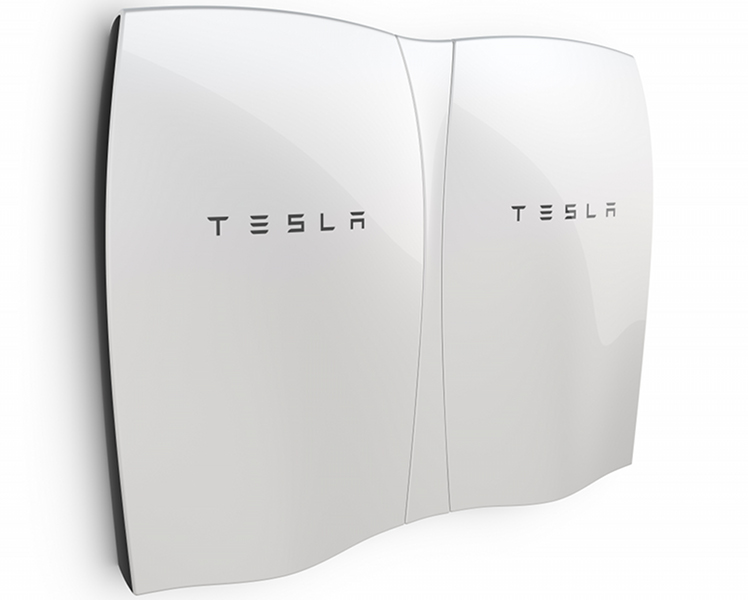 Tesla’s Powerwall and Powerpack. Photo: Tesla (via BuildingGreen).
Tesla’s Powerwall and Powerpack. Photo: Tesla (via BuildingGreen).
Related Stories
Mechanical Systems | Jun 16, 2023
Cogeneration: An efficient, reliable, sustainable alternative to traditional power generation
Cogeneration is more efficient than traditional power generation, reduces carbon emissions, has high returns on the initial investment, improves reliability, and offers a platform for additional renewable resources and energy storage for a facility. But what is cogeneration? And is it suitable for all facilities?
Multifamily Housing | Jun 15, 2023
Alliance of Pittsburgh building owners slashes carbon emissions by 45%
The Pittsburgh 2030 District, an alliance of property owners in the Pittsburgh area, says that it has reduced carbon emissions by 44.8% below baseline. Begun in 2012 under the guidance of the Green Building Alliance (GBA), the Pittsburgh 2030 District encompasses more than 86 million sf of space within 556 buildings.
Resiliency | Jun 14, 2023
HUD offers $4.8 billion in funding for green and resilient building retrofit projects
The Department of Housing and Urban Development (HUD) recently released guidelines for its Green and Resilient Retrofit Program (GRRP) that has $4.8 billion for funding green projects.
Steel Buildings | May 19, 2023
New manufacturing processes can make steel construction a greener option and add U.S. jobs
“Green steel” that is manufactured using hydrogen generated with renewable energy makes its use as a building material more feasible for environmentally conscious designers and clients. Sustainable manufacturing processes, which are economically viable in the U.S., could also revive steelmaking in the country as the metal becomes more attractive for green building.
Office Buildings | May 15, 2023
Sixteen-story office tower will use 40% less energy than an average NYC office building
This month marks the completion of a new 16-story office tower that is being promoted as New York City’s most sustainable office structure. That boast is backed by an innovative HVAC system that features geothermal wells, dedicated outdoor air system (DOAS) units, radiant heating and cooling, and a sophisticated control system to ensure that the elements work optimally together.
Headquarters | May 9, 2023
New Wells Fargo development in Texas will be bank’s first net-positive campus
A new Wells Fargo development in the Dallas metroplex will be the national bank’s first net-positive campus, expected to generate more energy than it uses. The 850,000-sf project on 22 acres will generate power from solar panels and provide electric vehicle charging stations.
Senior Living Design | May 8, 2023
Seattle senior living community aims to be world’s first to achieve Living Building Challenge designation
Aegis Living Lake Union in Seattle is the world’s first assisted living community designed to meet the rigorous Living Building Challenge certification. Completed in 2022, the Ankrom Moisan-designed, 70,000 sf-building is fully electrified. All commercial dryers, domestic hot water, and kitchen equipment are powered by electricity in lieu of gas, which reduces the facility’s carbon footprint.
Mass Timber | May 1, 2023
SOM designs mass timber climate solutions center on Governors Island, anchored by Stony Brook University
Governors Island in New York Harbor will be home to a new climate-solutions center called The New York Climate Exchange. Designed by Skidmore, Owings & Merrill (SOM), The Exchange will develop and deploy solutions to the global climate crisis while also acting as a regional hub for the green economy. New York’s Stony Brook University will serve as the center’s anchor institution.
Concrete Technology | Apr 24, 2023
A housing complex outside Paris is touted as the world’s first fully recycled concrete building
Outside Paris, Holcim, a Swiss-based provider of innovative and sustainable building solutions, and Seqens, a social housing provider in France, are partnering to build Recygénie—a 220-unit housing complex, including 70 social housing units. Holcim is calling the project the world’s first fully recycled concrete building.
Green | Apr 21, 2023
Boston to adopt stringent climate-friendly building code
Boston will soon adopt a new stringent green state building code that aims to significantly reduce carbon emissions in new construction and major renovations.


